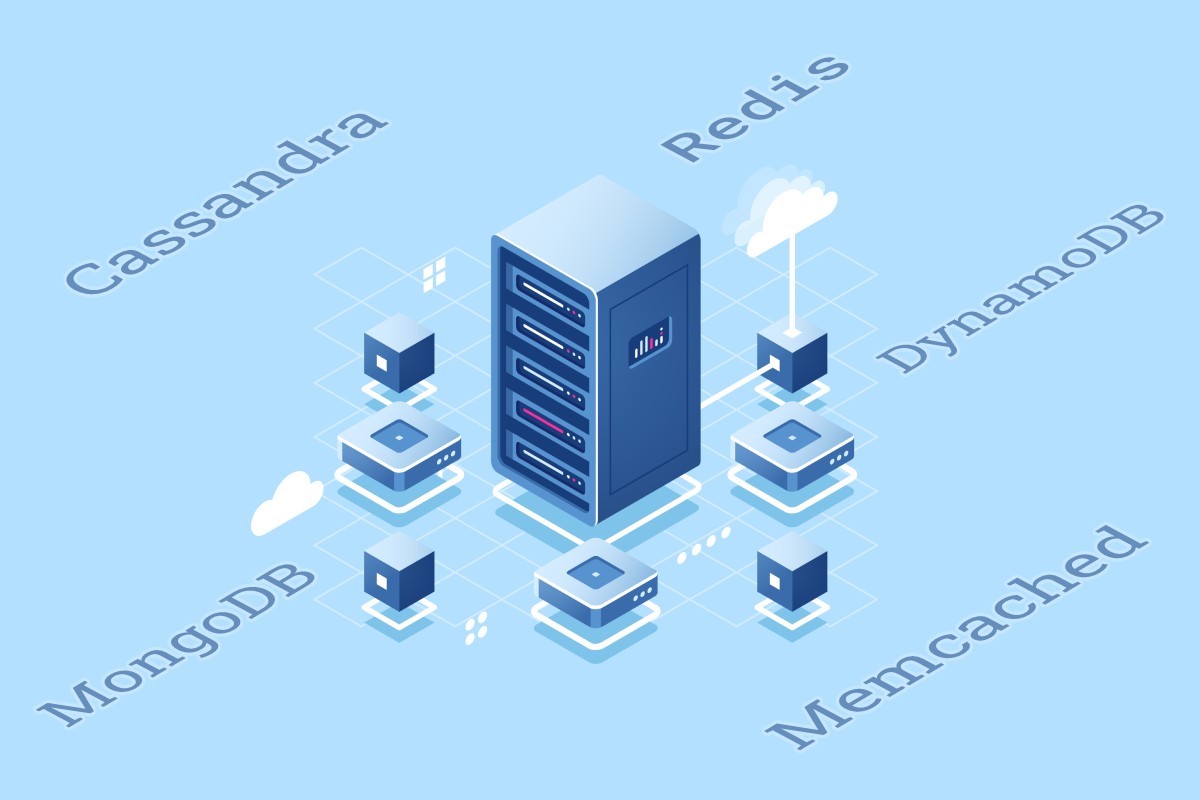Decoding biggest success factor for startups
Recently, one of the startups I am working with, asked to ‘decode’ a post by Michael Stewart he had read about success factors for a startup. This post itself was a further assessment based on the TED talk by Bill Gross, founder of Idealab, given in March, 2015 on the topic. The talk and further assessment by Michael assessed 5 factors for startup success – Ideas, Business Model, Team, Funding and Timing – and gave verdict on Timing as the most important success factor amongst these.
To assess the impact of Timing, Bill asked the following questions (not exhaustive) from 100 Idealab companies and 100 non-Idealab companies:
Is the idea too early? Is the world not ready for it? Is too much education of the customer required? Or is it too late, giving the competition too much time to be competitive?
The question asked from me was – How do we decide if the timing is right for our startup? I shared with them a version and then thought of taking it to a wider audience for inputs.
Overall, a large number of factors that influence a startup could be taken care off by the other 4 parameters (Funding, Team, Idea or Business Model). I believe that those factors that are not completely under your control, are the ones to be considered under Timing.
I asked the startup to decode the ‘Timing’ in 3 potential steps (useful to watch the TED talk too):
- Ease of product development: Why was the product (or service) not possible to be developed (or developed beautifully) up till now? I think that Founders should always ask this question. In most cases, either the technology did not exist at an affordable cost or potential suppliers were scarce (especially in case of marketplace model). Both these factors are not under the founder’s control and are timing-dependent to develop a beautiful product.
- Customer acceptance cycle: I personally have seen a number of startups not getting this right. How much time the user has to spend on your offering before saying Wow? How much effort should the user make to experience your product? Before YouTube, so many startups built crowd-sourced video sharing sites. Market always ‘needed’ free online entertainment. The product was developed well too, but the user had to wait long to download or stream the videos. Could they change the business model? Perhaps no. Internet speed was the key issue and outside of their control. Behavior changes, too much time to complete transaction or too much effort for too little benefit, due to infrastructure issues are all red flags. On the other hand, advent of 4G and penetration of Smartphones are likely to make many ideas attractive that were not so attractive few years back
- Scale-up requirements: Some ideas get early adopters, but find it difficult to scale up or reach their Tipping Point. In some cases it is due to lack of Network effects while in some cases, lack of affordable and reliable distribution. Consumer behaviour evolves – consumption of media, sharing media etc. cannot be hacked beyond a point. So many hyperlocal and on-demand services are possible today because of affordable distribution and network effects. People tried them 10 years ago as well, but failed poorly.
The above is by no means an exhaustive analysis of Timing, but an attempt that worked for some of the startups I am working with as an Advisor. For an entrepreneur who is about to launch his startup, keeping an eye on the mega trends that affect these 3 steps could be a good way to filter out ideas that might be good but not great to launch a venture now.
What could be added to replace one of the above 3 steps?




